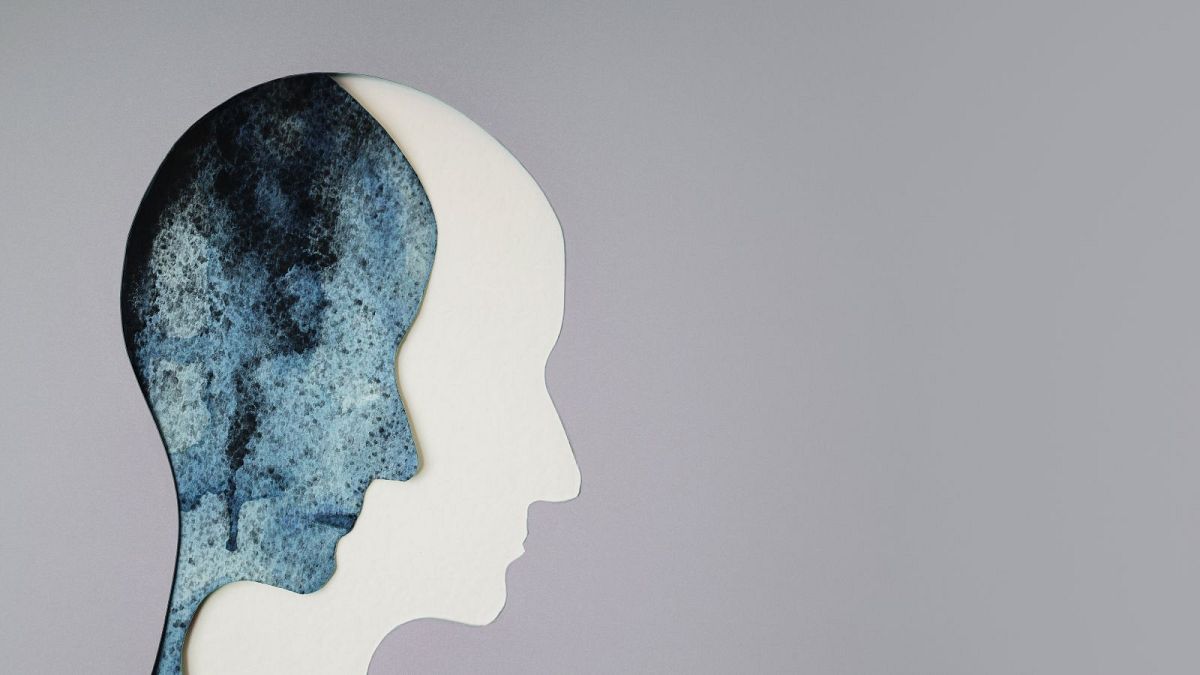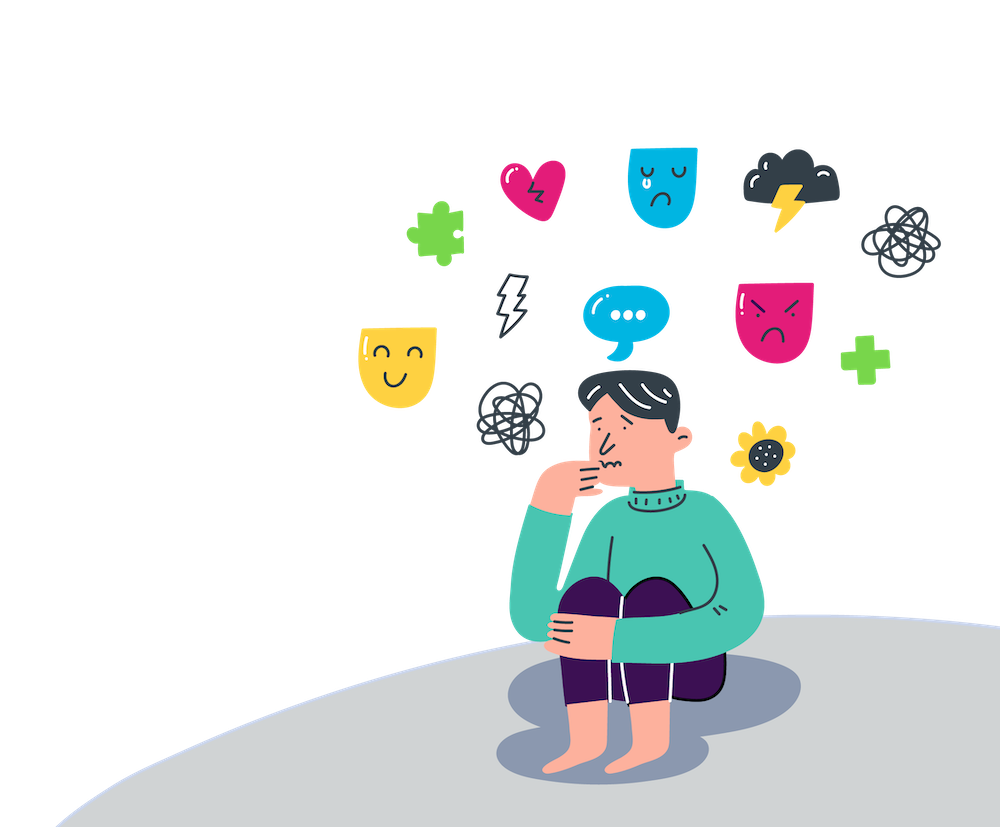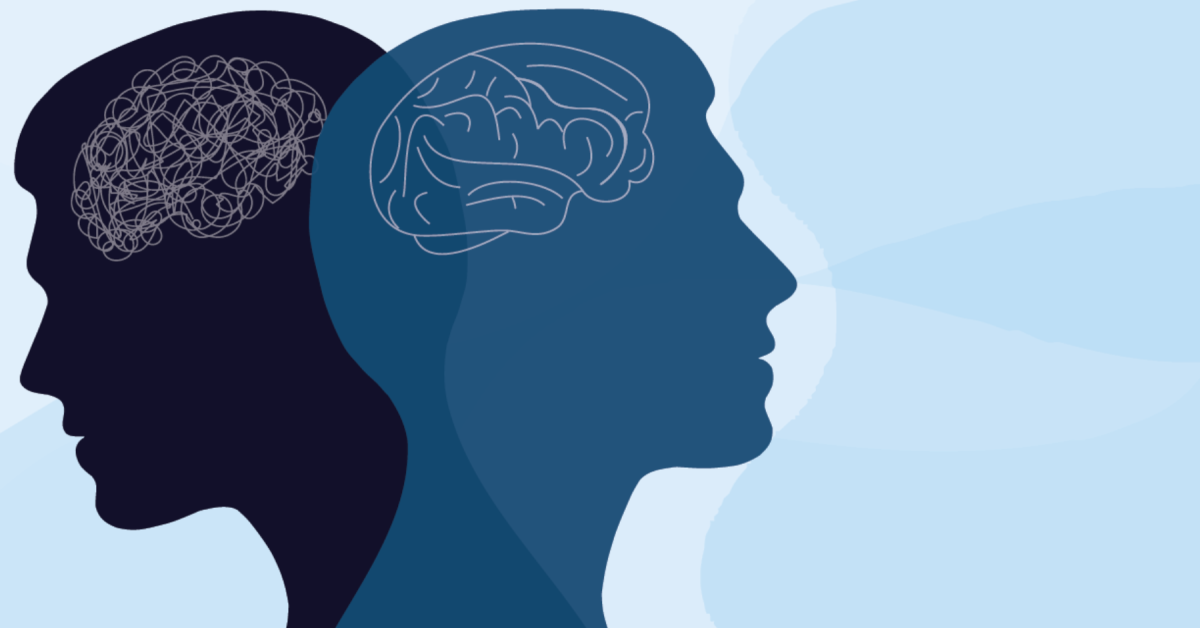How to Choose the Best Inpatient Mental Health Facility for You
How to Choose the Best Inpatient Mental Health Facility for You
Blog Article
Comprehensive Inpatient Mental Health And Wellness Solutions for Effective Therapy
Inpatient mental health and wellness solutions stand for a vital element of the medical care system, giving a organized and extensive setting for individuals experiencing extreme emotional distress. Exploring the nuances of this continuum discloses substantial effects for both individual recovery and more comprehensive mental health and wellness results.
Understanding Inpatient Mental Health Solutions
Inpatient psychological wellness solutions provide essential support for people experiencing severe psychological distress that can not be handled properly in an outpatient setting. These services are created to use an intensive level of treatment in an organized setting, usually within a medical facility or specialized facility. Patients admitted to inpatient programs typically display intense signs and symptoms, such as self-destructive ideation, severe anxiety, or psychosis, necessitating day-and-night tracking and intervention.
The admission process usually involves a detailed analysis by psychological health and wellness specialists, who review the person's frame of mind, background, and prompt needs. Once confessed, clients engage in a selection of healing techniques tailored to their details requirements, including medication administration, individual therapy, and team sessions. This holistic approach aims to maintain the person's problem, advertise safety, and foster coping abilities.
Inpatient mental wellness services not only address immediate wellness worries yet also serve as a bridge to recurring care. By giving a controlled environment, these services help with the advancement of therapy strategies that can be continued in outpatient setups, therefore making certain a continuum of treatment and enhancing long-lasting outcomes for individuals with intricate mental health needs.
Key Parts of Effective Therapy
Effective therapy in inpatient mental health and wellness services consists of several key elements that foster healing and stablizing. Firstly, a comprehensive analysis is vital to recognize the individual's certain requirements and challenges. This evaluation notifies the advancement of a tailored treatment strategy, which acts as a roadmap for intervention.
Another important element is the multidisciplinary team technique. Partnership amongst psychiatrists, psycho therapists, registered nurses, and social employees guarantees that various perspectives add to the client's treatment, enhancing the effectiveness of treatment. Evidence-based healing methods, such as cognitive-behavioral treatment (CBT) and dialectical behavior modification (DBT), are also important, offering organized strategies that address maladaptive idea patterns and behavior problems.

Last but not least, a concentrate on aftercare preparation is vital to make certain a seamless change to outpatient solutions, reducing the threat of regression and promoting lasting health. These cumulative elements create an effective treatment structure within inpatient psychological health solutions.
Benefits of Comprehensive Care

Extensive care in inpatient mental health services provides numerous benefits that significantly improve individual outcomes. Among the primary benefits is the holistic technique to therapy, dealing with not only the psychological signs and symptoms but additionally the physical, social, and psychological needs of clients. This extensive evaluation enables for tailored treatments that promote general well-being.
Another benefit is the integration of multidisciplinary groups, which cultivates partnership amongst healthcare specialists. This collective environment guarantees that patients receive worked with care, minimizing the risk of fragmented therapy and improving communication amongst caregivers. Detailed treatment assists in continuity of services, allowing for seamless shifts from inpatient to outpatient settings, which is critical for long-term recovery.

Last but not least, the organized atmosphere of extensive inpatient treatment provides a risk-free area for people to involve in healing activities, helping them create dealing methods and resilience. Jointly, these advantages contribute to much more efficient therapy and improved high quality of life for individuals experiencing psychological wellness crises.
Evidence-Based Restorative Approaches
In the world of psychological health and wellness therapy, evidence-based restorative techniques play a crucial function in making certain that individuals get efficient and medically sustained treatments. These strategies incorporate the very best offered research with medical experience and client worths, promoting a tailored treatment experience that attends to private needs.
Cognitive Behavior Modification (CBT) is one of one of the most widely identified evidence-based approaches, concentrating on recognizing and changing adverse idea patterns and behaviors. This structured approach has actually demonstrated effectiveness in treating problems such as ptsd, clinical depression, and stress and anxiety. read review Similarly, Dialectical Behavior Modification (DBT) is specifically efficient for people with borderline personality condition, stressing the development of emotional regulation and social efficiency abilities.
Additionally, medication administration is usually an indispensable element of evidence-based therapy, as psychotropic medicines can minimize symptoms and improve overall performance. Collaborative treatment versions, which include multidisciplinary teams, further boost the efficiency of inpatient solutions by making sure extensive assessments and continual tracking.
Ultimately, the combination of evidence-based restorative approaches not just advertises positive professional results but additionally equips people, fostering a feeling of agency and durability in their psychological health and wellness trips.
Transitioning to Outpatient Support
The change from inpatient mental wellness services to outpatient assistance marks an important phase in a person's recuperation journey. This duration requires careful preparation and coordination to make certain connection of care and to minimize the risks of regression or crisis. Efficient discharge planning need to start early in the inpatient stay, involving a multidisciplinary team that includes psychiatrists, psycho therapists, registered nurses, and social employees.
Crucial element of a successful transition include the development of a detailed aftercare strategy customized to the individual's certain requirements. This plan ought to detail follow-up visits, medicine management, and therapeutic treatments, along with recognize neighborhood resources and support teams that can assist in ongoing healing.
Furthermore, patient and family members education is essential throughout this stage. Understanding the indicators of prospective problems and the relevance of sticking to treatment can equip patients and their assistance visit homepage systems.
Regular follow-up and review of the outpatient plan are vital to resolve developing challenges. By promoting a joint relationship in between inpatient and outpatient suppliers, the possibility of sustained recuperation increases, eventually boosting the individual's quality of life and reducing the risk of readmission.

Conclusion
In recap, extensive inpatient psychological wellness solutions supply a crucial framework for attending to extreme emotional distress with a multidisciplinary technique. Ultimately, such detailed treatment is crucial for lasting mental health and wellness and well-being.
The admission process generally involves a comprehensive evaluation by psychological wellness professionals, who examine the person's psychological state, background, and prompt demands.Effective treatment in inpatient mental health and wellness solutions consists of several essential elements that promote healing and stabilization.Detailed treatment in inpatient mental health and wellness services provides numerous benefits that considerably enhance patient results.The shift from inpatient mental health and wellness services to outpatient assistance notes an important phase in a patient's recovery trip.In summary, extensive inpatient psychological wellness services supply an important structure for resolving severe mental distress with a multidisciplinary technique.
Report this page